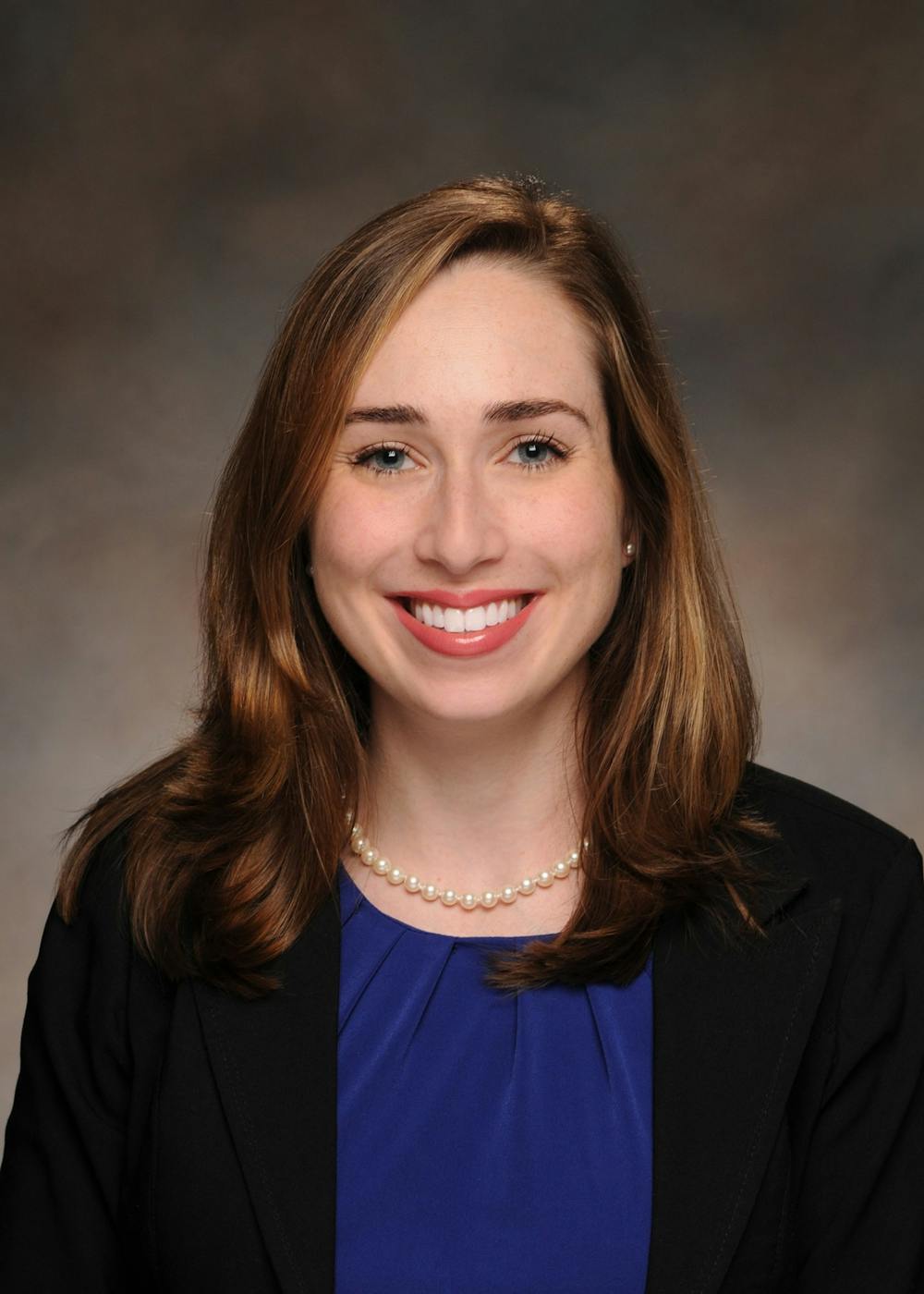Circular Triangle, a new community-based organization, works to transition the Triangle to a circular economy by helping organizations, governments and communities reach zero-waste goals.
A circular economy is one that minimizes waste and lets natural systems thrive by designing products that maintain their value and are able to be reused.
Jennifer Hill Carrigan, executive director of Circular Triangle, founded the organization in January 2020. Carrigan said the organization is solely focused on waste streams at industry and commercial levels.
“The amount of waste created in our society, the amount that we as individuals make, the amount that goes into our personal trash cans, is a very small amount compared to the amount of waste generated in industry and at the city level,” Carrigan said. “So, we're trying to address the much larger amount of waste that often goes unseen by regular citizens.”
Circular Triangle pushes for a circular economy through community engagement and education, policy initiatives with industries and advocacy in local governments.
Carrigan said Circular Triangle starts with educating the public about circular solutions as a different way of thinking about waste elimination. Much of this community engagement and education process is done by Jared Goldman, a UNC senior who also sits on the Circular Triangle Advisory Board.
“We write blog posts twice a month on different topics on circularity and the built environment,” Goldman said. “It really motivates, we hope, the community to think more in terms of new circular solutions.”
Because of the remote work environment, Goldman said Circular Triangle has been able to speak with speakers around the world, in places like Vienna and Switzerland.
“We definitely couldn't have afforded to fly them out here, so it's great that we're able to use these connections that our board members and our volunteers have around the world.” Goldman said.



